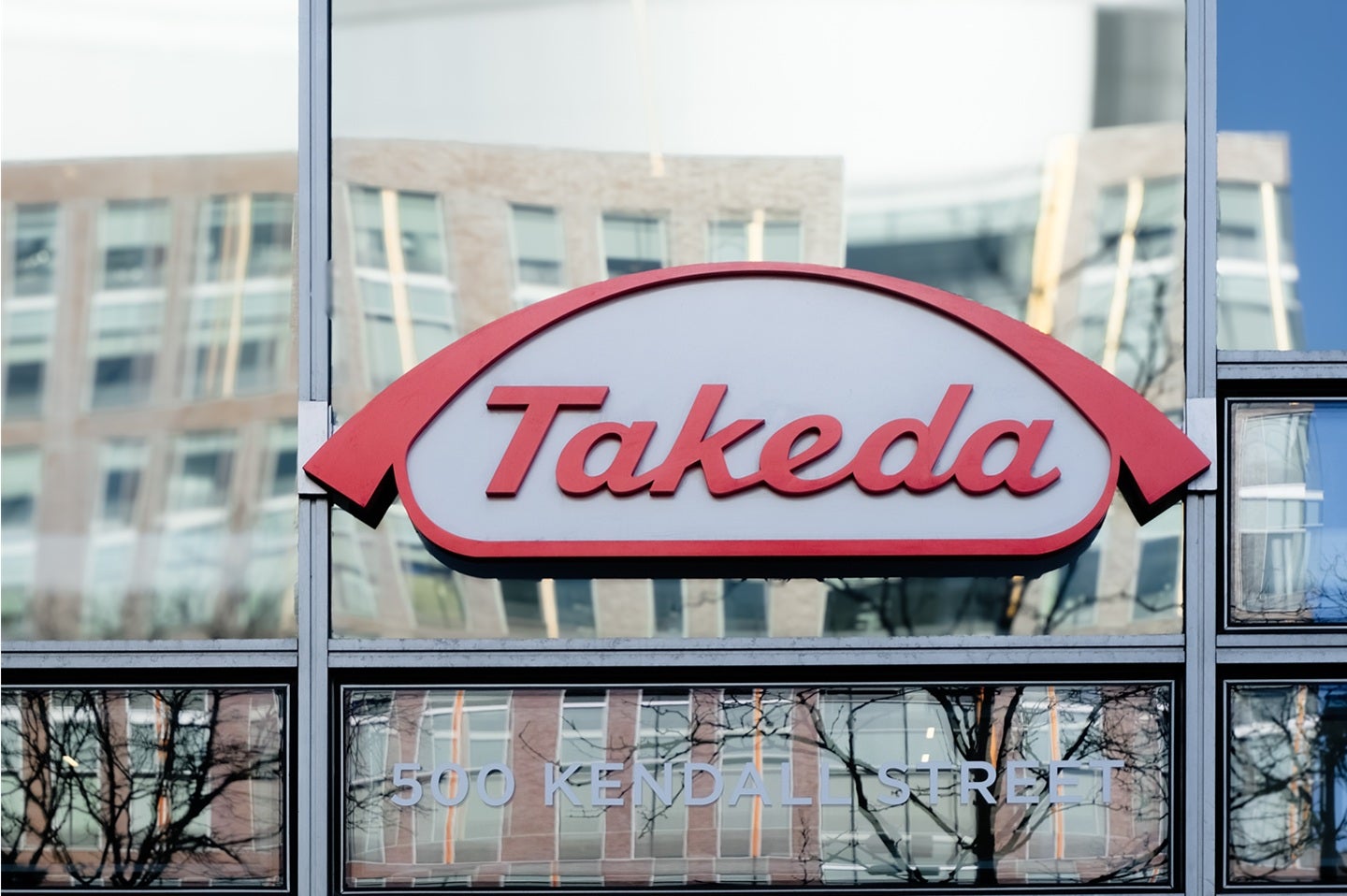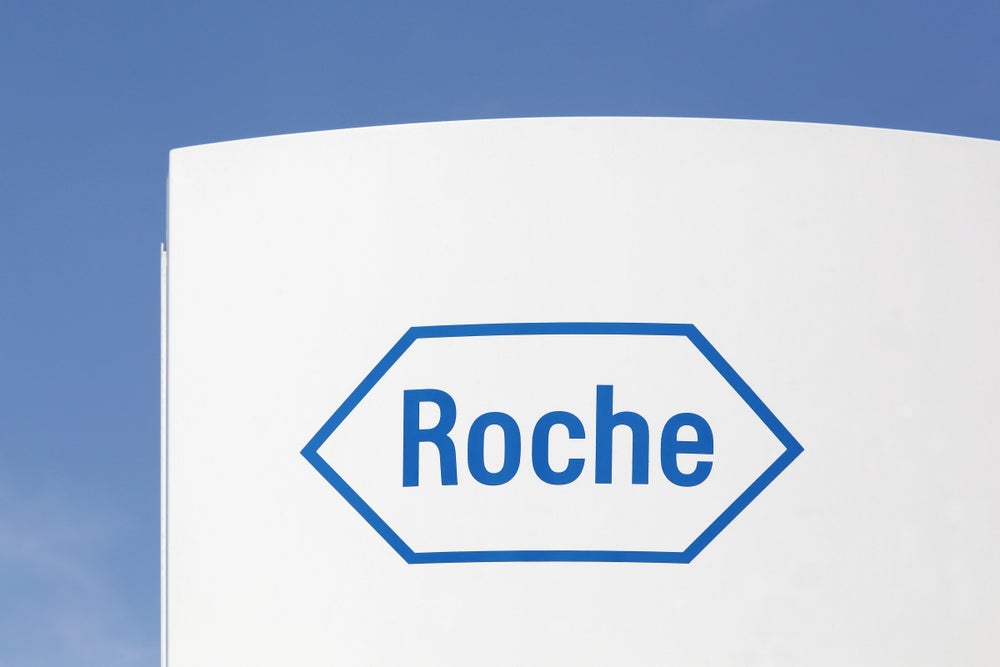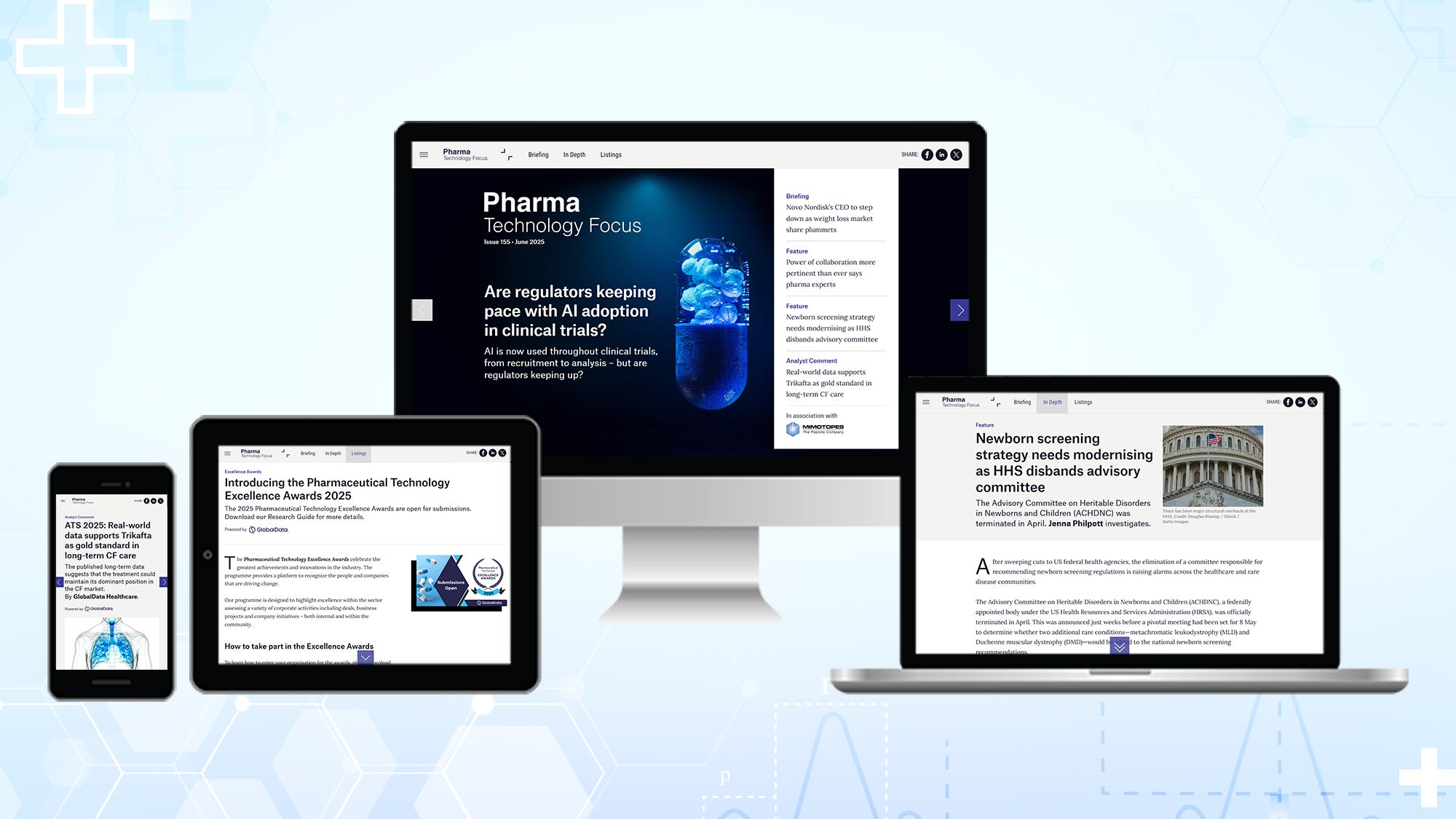Ipsen and Genfit Receive Accelerated FDA Nod for Liver Disorder Drug
Initially thought of as a potential game-changer for metabolic-associated steatohepatitis (MASH), Ipsen and Genfit’s drug elafibranor has now been successfully repurposed for treating a different, less publicized liver condition. The U.S. Food and Drug Administration (FDA) has approved Iqirvo for the treatment of primary biliary cholangitis (PBC). PBC is a severe autoimmune disease that affects […] The post Ipsen and Genfit Receive Accelerated FDA Nod for Liver Disorder Drug appeared first on LifeSci Voice.

Initially thought of as a potential game-changer for metabolic-associated steatohepatitis (MASH), Ipsen and Genfit’s drug elafibranor has now been successfully repurposed for treating a different, less publicized liver condition.
The U.S. Food and Drug Administration (FDA) has approved Iqirvo for the treatment of primary biliary cholangitis (PBC). PBC is a severe autoimmune disease that affects approximately 100,000 individuals in the U.S.; most patients are female and between the ages of 30 and 60.
PBC causes an abnormal buildup of bile and toxins in the liver, leading to chronic inflammation and liver fibrosis. Over time, this condition causes significant fatigue as well as pruritus, an intense, debilitating itch. If left untreated, PBC can cause severe liver damage, necessitating a liver transplant and eventually resulting in death.
Ipsen has set the price of the first-in-class peroxisome proliferator-activated receptor (PPAR) agonist, Iqirvo, at $11,500 for a month’s supply. After disappointing data disqualified elafibranor as a potential treatment for MASH, Ipsen acquired the rights to it from Genfit in 2021 for $515 million to develop it as a treatment for PBC.
The FDA’s accelerated nod was based on data showing that an 80 mg tablet of elafibranor effectively reduces the production rate of the alkaline phosphatase (ALP) enzyme, a critical indicator of liver damage. Full FDA approval will be based on the outcomes of confirmatory trials that assess whether Iqirvo can improve patient survival rates and prevent complications such as abdominal swelling or gastrointestinal bleeding.
The FDA’s acceptance positions Ipsen and Genfit to compete with Intercept Pharmaceuticals’ Ocaliva, a treatment that has been available for eight years. Before Intercept was purchased by the Italian private corporation Alfasigma last year, it projected Ocaliva’s 2023 sales to be between $320 million and $340 million.
Analysts estimate that Iqirvo’s sales will exceed $200 million by 2027, with peak sales anticipated to hit $429 million.
Shortly after the FDA rejected Ocaliva’s application to treat MASH for the second time in three years, Alfasigma successfully acquired Intercept, a company based in New Jersey.
If a patient is unable to take ursodeoxycholic acid (UDCA), Iqirvo and Ocaliva can be used as monotherapy. Both medications are approved for the treatment of PBC.
According to analysts at ODDO BHF, the nod for Ipsen “marks a success story in the active business development policy since the appointment of current CEO David Loew in 2020” and potentially opens the door for more partnerships down the line.
However, ODDO BHF has issued a warning to investors about Iqirvo, emphasizing that the medication’s label does not indicate a decrease in pruritus. Analysts see this as a serious weakness in Iqirvo, especially in comparison to seladelpar from CymaBay Therapeutics, a medication that is also anticipated to be approved in August for the same indication.
Gilead acquired seladelpar when it completed a $4.3 billion buyout of CymaBay Therapeutics in February of this year.
The post Ipsen and Genfit Receive Accelerated FDA Nod for Liver Disorder Drug appeared first on LifeSci Voice.
What's Your Reaction?


































